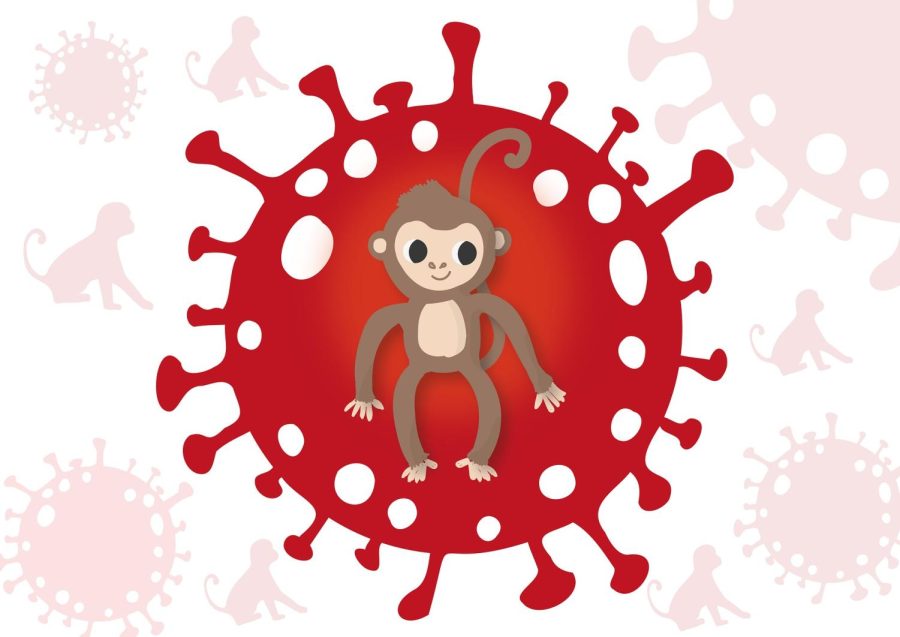Many people believe that all calories are created equal, no matter which types of food they are coming from. However, a calorie is not a calorie. Different foods go through different metabolic pathways and thus affect our bodies, hunger, and hormones in different ways. For example, calories from fructose versus glucose have different effects on our body. The same number of fructose calories is more likely to stimulate hunger than glucose is.
2. “Salt is bad for you.”
Sodium is a crucial electrolyte in the body and it plays many physiological roles in our body. Though consumption of salt gets a lot of bad press (blamed for causing high blood pressure and heart disease), there is no doubt that an adequate intake of salt in the human diet is required to maintain good health. Your risk for health problems can even increase significantly if sodium levels in your body are too low, a condition known as hyponatremia. Sodium is needed for muscle contractions, nerve transmissions, maintaining pH balance, and hydration; it regulates the fluid outside of the cells and is needed to pump fluid into the cells. So, if your blood becomes too low in its sodium count, your body’s fluid level rises and your cells begin to swell – which can cause a number of health problems.
3. “You should avoid eating Saturated Fats because they are the ‘bad’ kind of fats.”
There is a lot of stigma surrounding the consumption of saturated fats. You have probably heard that the good fats are the unsaturated one: monounsaturated fats (MUFAs), found in foods like olive oil and avocados, and polyunsaturated fats (PUFAs), found in sunflowers and corn oils, and in the omega-3s in salmon and walnuts. The villain, or so we’ve been told, is saturated fat – present in meat, dairy, and some plant products – and by conventional wisdom, we have been told that it increases our body’s total cholesterol and chances for heart disease and stroke. However, in 2010 the American Journal of Clinical Nutrition conducted a study in which scientists discovered that there was not enough proof to link saturated fats to heart disease and stroke.



































